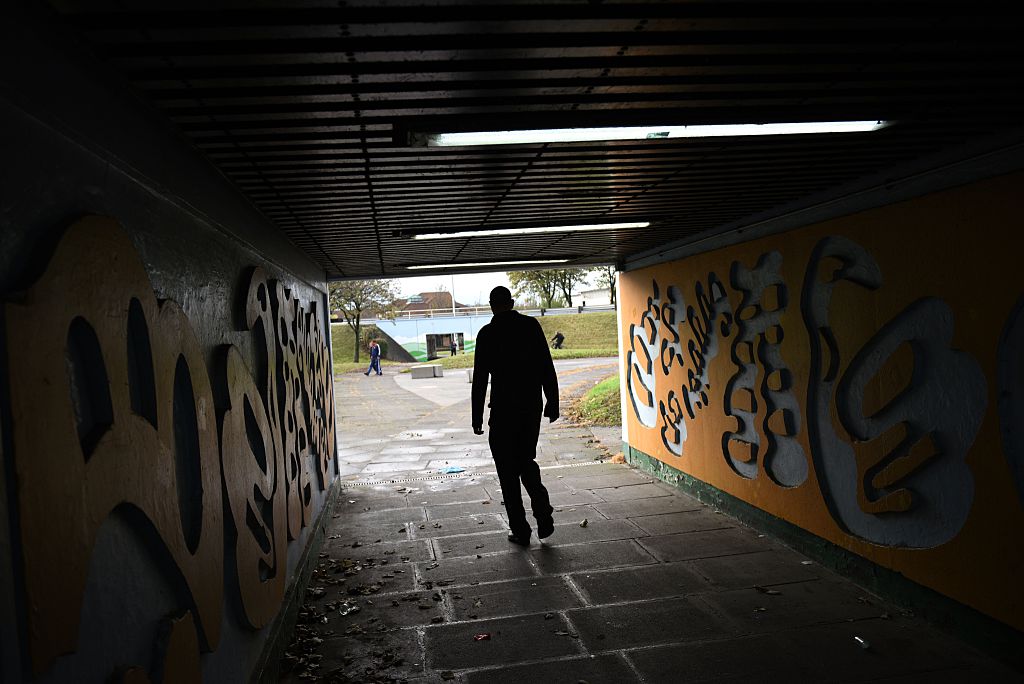“When history is written as it ought to be written”, said the great Trinidadian Marxist C.L.R. James, “it is the moderation and long patience of the masses at which men will wonder, not their ferocity.” On no historical calamity is this truer than the rape-gang scandal. When future scribes look back at this violent tear in the British social fabric, it is the forbearance of the public they will marvel over. It will dazzle them.
The specter of public volatility has stalked this scandal from the start. The establishment’s irrational dread of the feral masses shaped its yellow-bellied decision-making. From the local officials who “shied away” from discussing the ethnicity of the rapists to the commentariat that barked “far right!” at any pleb who dared to utter the word “Muslim”, the great fear was always that truth might unleash savagery. We mustn’t openly discuss this, they told themselves, because the rabble will rampage.
Even now, following the publication of Baroness Casey’s stinging report on the failures of officialdom, angst about the throng swirls through polite society. A reporter asked Casey if she was worried that her findings might lead to “civil unrest.” Such terror grips the Home Office too. An insider says officials are quaking at the prospect of “civil unrest” following Casey’s finding that foreign nationals make up a “significant proportion” of current rape-gang investigations.
What a brilliant if bitter-tasting insight into the anti-masses bigotry of the technocrats that rule over us. They hear that undocumented arrivals are potentially involved in some of the sickest crimes imaginable and their first thought is: “Oh no, how will the white working classes respond?” The imaginary violence of the “low-information” public causes them more sleepless nights than the real violence of the gangs of rapists.
It’s been like this for years. In political circles, in academia, in the media, far more alarm was expressed over the untamed masses than the gangs themselves. All their pious handwringing over the “racialization” of child abuse and the stirring up of “moral panics” and the dangers of “inflammatory” coverage was designed to dampen what they see as the rough, unruly passions of the little people. As recently as January this year, Health Secretary Wes Streeting was warning that “coarse” discussion of the rape gangs might incite mass violence.
Bury the truth to tame the throng – that, for years, was the rallying cry of the establishment. And when the truth could no longer be contained, they called for coolness, restraint, decorous language only. In short, say nothing that might rile up the brutish multitude. We too often overlook this classist bigotry that shaped this outrage and shapes it still. A ruthless lack of care for the poor white girls who were raped and an outsized fear of what poor white men might do upon discovering the truth – these vile prejudices were the fuel of this scandal.
The irony was dark. They fretted over a “moral panic” while stirring up their own moral panic about the turbulent lower orders. They pontificated about the dangers of bigotry while peddling their own bigoted view of ordinary people as so dim-minded and given to violence that they cannot even be trusted with the truth about what was done to the girls in their communities. They posed as righteous while sacrificing the safety and dignity of the poorest, most vulnerable girls at the altar of ideology.
It was one of the greatest inversions of truth our nation has ever seen. The calm, concerned masses were defamed as a violent whirlwind of bigoted passion, while the irrational elites falsely depicted themselves as paragons of good sense and virtue. What this horror really reveals is the spite and unreason of some in the ruling class, and the patient yearning for truth of ordinary people. The great prejudice of our age – that the people who rule Britain are experts and the people they rule over are fools – has been shattered on the wheels of this scandal.
In response to that query about the possibility that her findings will whip up “civil unrest,” Baroness Casey said:”‘If good people don’t grip difficult issues, in my experience bad people do.” Britain has plenty of good people. They’re the ones who have known the truth about these gangs for years and who with great, peaceful sufferance pushed for the truth to come out. This “long patience of the masses,” this perseverance for truth in the face of ceaseless insults, is a credit to our nation. The wisdom of the crowd – let’s value it more.


























Leave a Reply